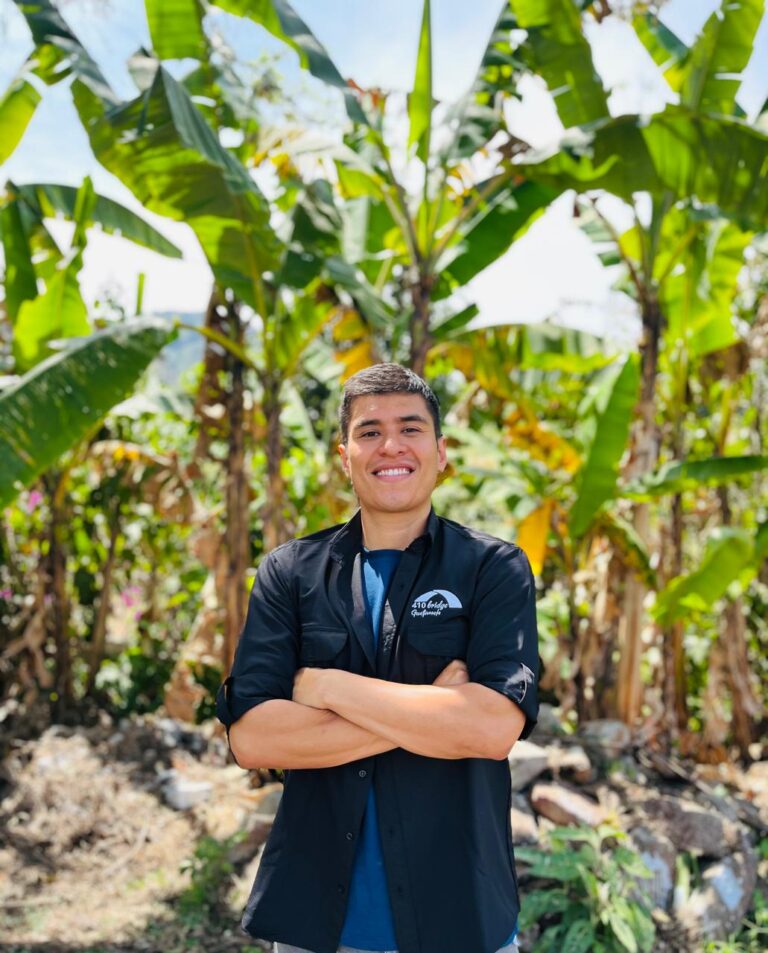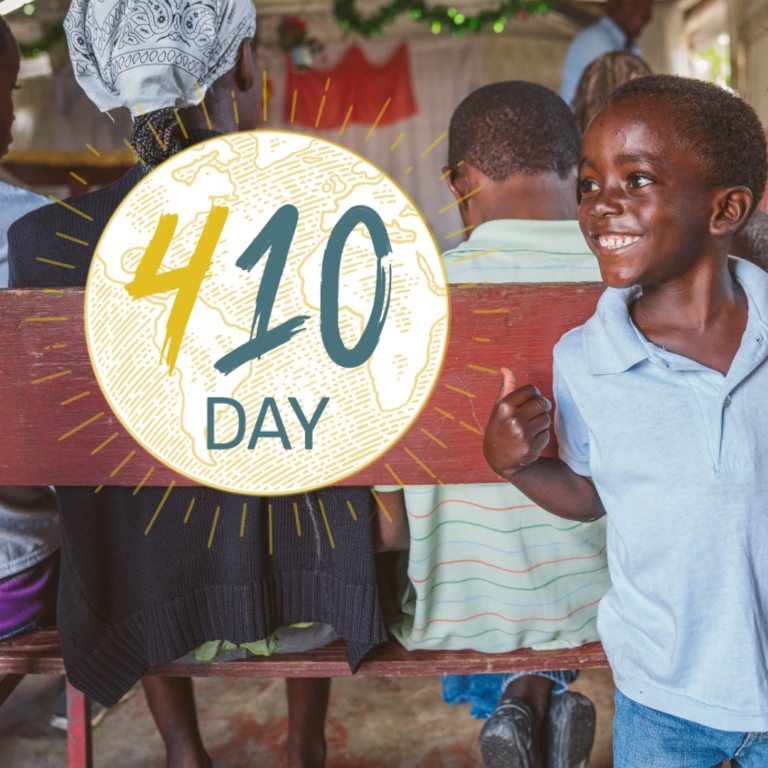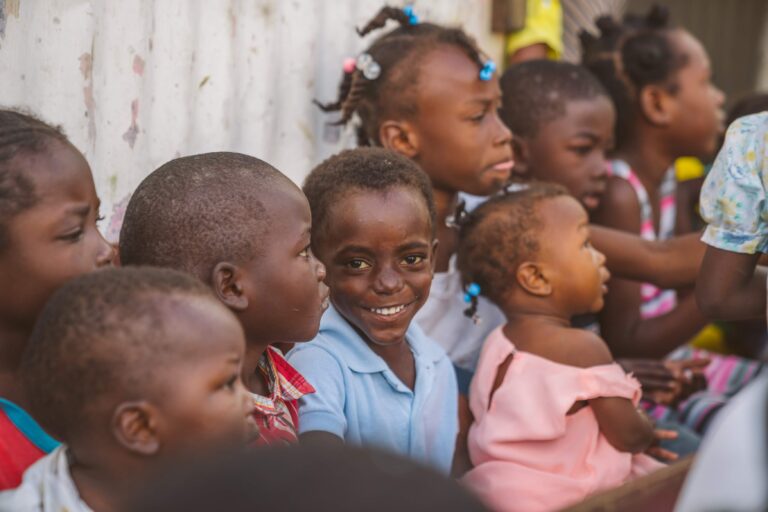State of Mind
If you haven’t heard by now, I wrote a book. It’s titled “If You Really Want to Help” and it will officially become available on the 28th. In it I share the origin story of 410 Bridge and how we seek to redefine the war on poverty.
A few years ago, the Washington Post published an article about a statement Ben Carson made during a SiriusXM radio interview with Armstrong Williams.
Carson said that he thought poverty, to a “large extent”, was a “state of mind.”
He went on to explain his position, but as you might imagine, he took a fair bit of grief, in large part, from folks who don’t agree with his politics.
Like most issues these days, we can’t seem to take a position on a topic without someone being offended. Mr. Carson’s comments were no exception.
Mr. Carson’s comments are at the very heart of my book. Allow me to explain…
Poverty Doesn’t Just Happen
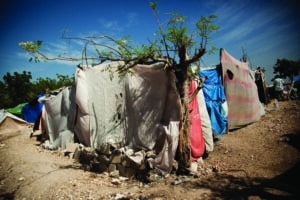 As I waded through the responses to his comments – ignoring the visceral, hate-filled nonsense – the reasoned arguments against his position were, not surprisingly, from the secular perspective. Secular being defined as physical only. No God. We’re all just evolved animals. Cogs in an infinite cosmic wheel. Truth is relative. And so on…
As I waded through the responses to his comments – ignoring the visceral, hate-filled nonsense – the reasoned arguments against his position were, not surprisingly, from the secular perspective. Secular being defined as physical only. No God. We’re all just evolved animals. Cogs in an infinite cosmic wheel. Truth is relative. And so on…
The notion that poverty is purely a material or financial problem always leaves me scratching my head. Outside the context of a catastrophic event (natural disasters, war, etc.), the reality is that poverty doesn’t just happen. I’ve come to see firsthand that it’s rooted in how people view themselves.
How they view their relationships with each other, the environment, and most importantly, what they think about when they think about God. It flows from their assumptions on how the world works (or should work) and the choices they make based on those assumptions.
It’s about worldview.
Fairness
I’m learning that those who see poverty through a secular lens – purely physical, disregarding the spiritual – invariably look for someone or something to blame. Blame the poor for their poverty.
Or, more commonly, blame the non-poor. Blame the injustices of colonialism, overpopulation, the lack of resources, infrastructure, or political systems. They’ll call for the redistribution of wealth or preach about “fairness.”
Spoiler alert: Fairness is a myth. Andy Stanley says it best, “Fairness ended at the Garden.”
What Is Your Worldview?
In his book Discipling Nations, Darrow Miller said it this way. “A worldview does more to influence people’s flourishing – their prosperity or poverty – than does their physical environment or other circumstances.”
people’s flourishing – their prosperity or poverty – than does their physical environment or other circumstances.”
And oh, by the way… It feels a little hypocritical of those on the secular side to dismiss the role worldview plays in the fight against poverty. To them, a non-secular worldview is irrelevant, after all, because life is rooted in the physical. There is no God. There is no spiritual element to consider. Truth is relative. Humans are evolved animals, that’s all. We live. We die. That’s it.
Yet, their secular position is also rooted in a worldview. We all have one. It’s unavoidable. The choices they make are based on their assumptions of how the world works.
Their choices drive their behavior. In essence, their secular worldview becomes their religion.
But none of this is terribly new.
Folks way smarter than me have written about this stuff for years. “Discipling Nations” was first published 20+ years ago. More recent works like When Helping Hurts (Corbett & Fikkert) and Toxic Charity (Lupton) all talk about the dangers of viewing poverty through the material lens.
Volumes have been written.
Almost everyone I meet that works with the poor has read them. There’s plenty of data out there to support it. We even point to the trillions of dollars spent to eradicate poverty, yet we don’t really talk about the link between poverty and worldview.
Why is that?
The Link Between Poverty and Worldview
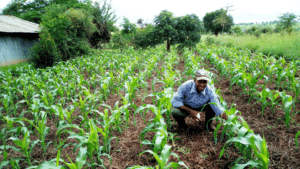 I have my thoughts and there in the book, so I’d be grateful if you would read it. Our focus at 410 Bridge is on how to effectively help the poor shift their worldview and thrive.
I have my thoughts and there in the book, so I’d be grateful if you would read it. Our focus at 410 Bridge is on how to effectively help the poor shift their worldview and thrive.
To help them know that God loves them, that He has a purpose for their life, and they have responsibilities.
To help them see the fruit of being a Godly parent, spouse, teacher, business owner, and leader. To help them see that an abundant life is possible. To help communities be compassionate, full of dignity, purpose, and freedom to thrive without being dependent on outsiders.
If you’re familiar with 410 Bridge and our work with the global poor, you know that we’ve never defined poverty as a material problem. We see it as a worldview problem.
Looking Beyond
Since the beginning, we’ve held fast to the idea that if we were really – I mean, no foolin’ – REALLY going to help communities break the cycle of poverty, we needed to look beyond their physical challenges and help change their perspectives.
That, in essence, is what I believe Carson was saying. What he labels as their ‘state of mind’ is what we label worldview or perspective.
Check back for Part Two as I explore another angle of Mr. Carson’s comments. You can read the full WaPo article here…
–Kurt
In his book – If You Really Want to Help – Kurt lays out a fresh blueprint for redefining the war on poverty, how to win it, and how we fight the battle together. His book will be released February 28, 2023 and is available for pre-order here.

